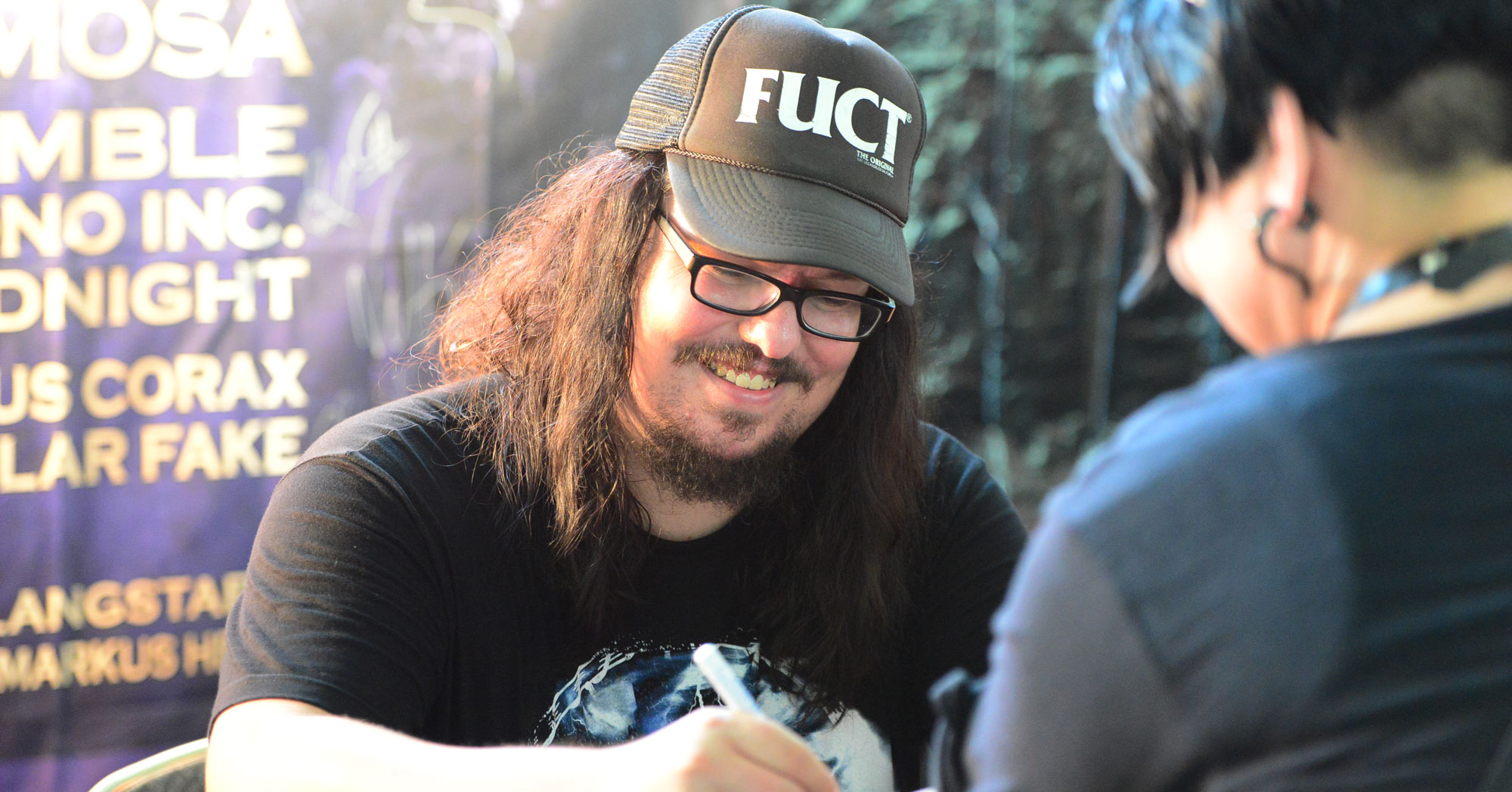Protecting Your Intellectual Property from Impersonation Schemes
The Federal Trade Commission (FTC) has issued a warning: scammers are impersonating the United States Patent and Trademark Office (USPTO) in an attempt to defraud business owners. These schemes typically target companies that have filed trademark applications, using fear and urgency to extract payments or personal information.
How the Scam Works
Using caller ID “spoofing,” scammers make it appear as though calls are coming from the USPTO—sometimes even displaying real USPTO phone numbers in Alexandria, VA or Denver, CO. The caller may claim that:
- Another company is attempting to register your trademark.
- Immediate payment is required to protect your rights.
- Additional fees must be paid to keep your application moving forward.
Scammers may also send official-looking documents or schedule calls with individuals posing as USPTO attorneys or examiners. These tactics are designed to create urgency and credibility.
Joel D. Rosen, Managing Partner at High Swartz, emphasizes the scope of the problem:
“The chance of getting a scam email is almost 100%. Because every trademark application is published in an official gazette for opposition, it’s easy for scammers to get all the information they need. I send regular emails to all of my trademark clients advising them to never reply to any solicitations or bills from the U.S. Patent and Trademark Office. The USPTO communicates primarily through emails and ONLY to counsel of record."
Warning Signs for Business Owners
- Unexpected calls requesting trademark-related payments.
- Correspondence demanding fees not outlined in your official USPTO filings.
- Instructions to wire funds, pay through unfamiliar portals, or bypass USPTO.gov.
Steps to Protect Your Business
To avoid becoming a victim of these impersonation scams:
- Verify communications directly. If you receive a suspicious call, hang up and contact the USPTO’s Trademark Assistance Center or your counsel.
- Check your filing status. Use the Trademark Status and Document Retrieval (TSDR) system on USPTO.gov.
- Submit filings and payments only through USPTO.gov. Third-party shortcuts can invalidate your filing.
- Report scams. File a report with the FTC at ReportFraud.ftc.gov and notify the USPTO if specific names, firms, or bar numbers are being misused.
Following Up Matters
Trademark protection is important for your brand and your business’s value. Falling for an impersonation scam can result in unnecessary costs, disclosure of sensitive information, and delays in protecting your intellectual property.


